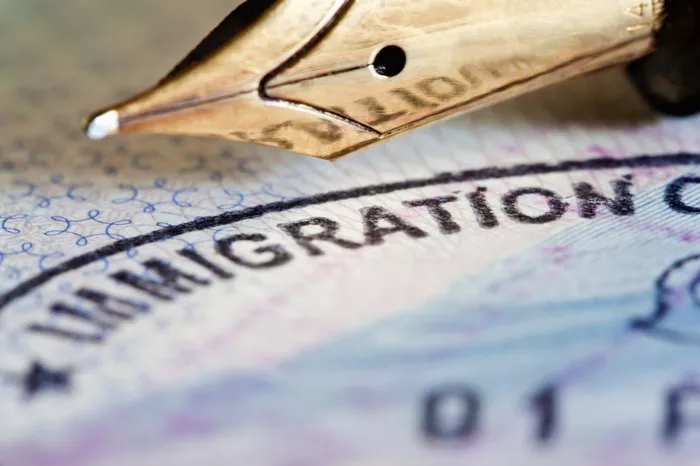In an increasingly interconnected world, the movement of people across borders is a fundamental aspect of modern society. Whether driven by economic opportunities, family reunification, or seeking refuge from persecution, immigration plays a pivotal role in shaping demographics, cultures, and economies globally. However, behind the scenes of this seemingly straightforward concept lies a complex web of laws, policies, and bureaucratic processes that govern how individuals navigate the immigration system.
Introduction to Immigration Systems
At its core, an immigration system is a framework established by a nation-state to regulate the entry, stay, and rights of foreign nationals within its territory. These systems are often influenced by historical, political, economic, and social factors unique to each country. While the specifics vary widely, most immigration systems share common components such as visas, permits, and citizenship pathways.
Visa Categories and Entry Requirements
One of the primary mechanisms through which individuals enter a country legally is by obtaining a visa. Visas come in various types, each serving specific purposes and criteria. Common visa categories include tourist visas, student visas, work visas, and family reunification visas. Each category has its own set of requirements, such as proof of financial means, health examinations, and background checks.
Additionally, many countries have visa waiver programs or agreements with certain nations, allowing citizens of those countries to enter for short periods without a visa. These programs are often based on reciprocal agreements and are subject to periodic review and renegotiation.
Immigration Policies and Legislation
Immigration policies are formulated and implemented through legislation enacted by governmental bodies. These policies can be influenced by a myriad of factors, including economic needs, security concerns, humanitarian considerations, and domestic political dynamics. Immigration laws dictate who is eligible for entry, under what conditions, and the rights and responsibilities of immigrants once they arrive.
Moreover, immigration policies are subject to constant evolution in response to changing circumstances and public sentiment. Debates surrounding immigration often center on issues such as border security, labor market impacts, cultural integration, and the treatment of undocumented immigrants.
Immigration Enforcement and Border Control
Border control is a critical aspect of managing immigration flows and enforcing immigration laws. Countries employ various measures to monitor and regulate movement across their borders, including the deployment of border patrols, immigration checkpoints, and surveillance technologies. Border control also encompasses measures to prevent unauthorized entry, such as fences, walls, and visa screening processes.
Furthermore, immigration enforcement extends beyond border security to include measures aimed at identifying, apprehending, and removing individuals who have violated immigration laws or overstayed their visas. This may involve detention, deportation, and cooperation with law enforcement agencies both domestically and internationally.
Pathways to Permanent Residence and Citizenship
For many immigrants, the ultimate goal is to obtain permanent residence status or citizenship in their host country. These statuses confer greater rights and privileges, including the ability to live and work indefinitely, access to social services, and participation in the political process.
Pathways to permanent residence and citizenship vary widely depending on the country’s laws and policies. Common routes include family sponsorship, employment-based immigration, refugee or asylum status, and investment or entrepreneurship programs. Each pathway has its own eligibility criteria, application process, and waiting periods.
Challenges and Controversies
Despite its importance, immigration remains a contentious issue fraught with challenges and controversies. Debates over immigration often revolve around issues such as national security, economic impact, cultural assimilation, and humanitarian concerns.
One of the recurring challenges facing immigration systems is the issue of illegal immigration and undocumented migrants. Factors such as poverty, violence, and lack of legal pathways drive many individuals to migrate outside of established channels, leading to complex social, economic, and legal consequences.
Moreover, immigration policies can have far-reaching implications for society, affecting labor markets, social cohesion, demographic trends, and national identity. Striking the right balance between welcoming newcomers and protecting national interests is a delicate task that policymakers grapple with continually.
Conclusion
In conclusion, immigration systems play a vital role in shaping the dynamics of contemporary societies. By regulating the movement of people across borders, these systems reflect a complex interplay of political, economic, and social factors. Understanding how immigration systems work is crucial for policymakers, stakeholders, and the public at large as they navigate the challenges and opportunities presented by global migration trends. As we continue to grapple with the complexities of immigration, it is essential to uphold principles of fairness, compassion, and respect for human dignity in shaping immigration policies and practices.


